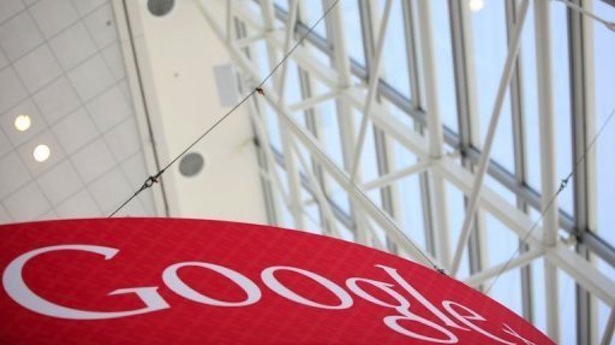Barcelona –Minister of Communications and Information Technology Amr Talaat witnessed the signing of an agreement between Telecom Egypt (TE) and AFR-IX Telecom, a Spanish telecommunications company, regarding the construction of a landing station of the Medusa submarine cable system in Egypt. Medusa is one of the largest submarine cable systems in the Mediterranean.
The agreement was signed by Adel Hamed — Managing Director and CEO of TE — and Norman Albee — the CEO of AFR-IX Telecom and Medusa — on the side-lines of the International Mobile Exhibition and Conference being held in Barcelona, Spain.
The length of the Medusa submarine cable system is 8,760 km and contains 24 pairs of fibres with a capacity of 20 terabytes per second for each pair. It is intended to be established to link countries on the Mediterranean through 16 landing points passing through several countries, including Spain, Algeria, France, Tunisia, Italy, Greece, and Egypt.
Medusa is one of the latest generations of submarine cables that follow the Open Access feature. The new project aims to meet the current challenges facing submarine cable interconnection by creating new paths to diversify data traffic and reduce its congestion and gain greater capacities by increasing the number of fibre pairs for each cable while enhancing the feature of open access to all European landing stations.
Following the signature; Talaat said that Egypt has many competitive advantages that make it the most important global digital data corridor and qualifies it to be a source of attracting and hosting the largest giant data centres.
Thirteen submarine cables pass through Egypt and more than five other cables are currently being constructed.
Talaat added that fibre-optic cables transiting inside Egypt are provided to serve international data traffic through its lands in a secure manner. The fibre-optic network has a length of more than 4,000 square kilometres and carries hundreds of terabytes of internet capacities between the east and west.
On his part, Albee said that the agreement signed with TE is one of the main reasons for the project’s success, given the strategy of Egypt’s location as a major transit route for submarine cables between Europe, Asia, and Africa.
He also said that this is a very valuable step towards providing connectivity services between the east, west, north, and south. Through the Medusa cable, the two companies will also contribute to adding more diversity to traditional routes, such as the Alexandria and Suez tracks, he added.
Afrix Telecom’s infrastructure investments include the new cable landing station in Barcelona and a digital neutral port scheduled to enter service during the third quarter (3Q) of 2022, as it aims to provide open access cable landing services to submarine cable operators for neutral, safe, and secure landings in Barcelona.
Additionally, AFR-IX Telecom is a licensed telecom operator in Portugal, Spain, the US, and in several African countries such as South Africa, Nigeria, Ghana, the Democratic Republic of Congo, Mali, Burkina Faso, Sierra Leone, Niger, and Cameroon. It also has Africa’s largest and most reliable continental metro ethernet network and provides global connectivity services to Africa.
TE is the first integrated telecom operator in Egypt; where it provides its customers with all voice communication services, high-speed internet services, and mobile phone services, in addition to its history of more than 160 years.
TE provides the international community with an advanced infrastructure through connectivity services to more than 140 landing points in more than 60 countries. It invests extensively in the infrastructure of submarine cable systems to provide the shortest and most reliable route to connect Asia, Africa and Europe.
Additionally, TE is working on developing the geographic diversity of the international infrastructure on several levels, including establishing landing stations and new paths for crossing marine cables as well as increasing its investments in new cable systems and advanced solutions in order to keep pace with the increasing global demand for international interconnection services.




